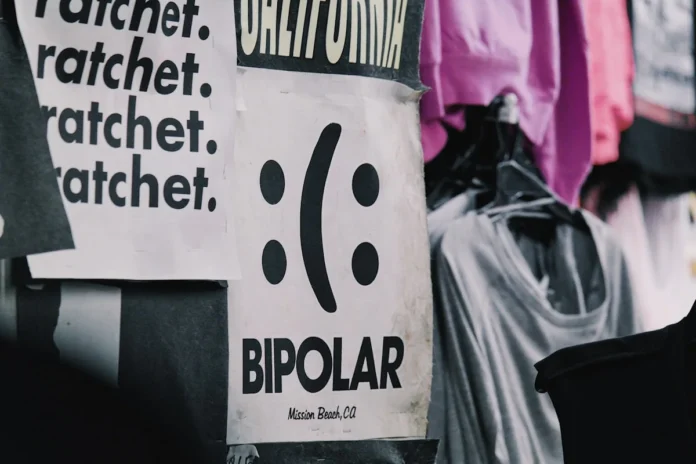“`html
Understanding bipolar Disorder and Disability Benefits
Bipolar disorder is a complex mental health condition characterized by extreme mood swings, including emotional highs (mania or hypomania) and lows (depression). These fluctuations can significantly impact a person’s ability to function in daily life, maintain employment, and engage in social activities. For many individuals living with bipolar disorder, the question of whether they qualify for disability benefits is a pressing concern. Navigating the process can be challenging, but understanding the criteria and requirements can help.

How Bipolar Disorder Affects Daily Functioning
Bipolar disorder is more than just occasional mood swings. The condition can disrupt sleep patterns, impair judgment, and lead to difficulties in concentration, decision-making, and maintaining relationships. During manic episodes, individuals may engage in risky behaviors, while depressive episodes can leave them unable to get out of bed or complete basic tasks. These symptoms can make it nearly impossible to hold a steady job, which is why disability benefits may be necessary for some.
The Social Security Administration’s Criteria for Disability
The Social Security Administration (SSA) evaluates mental health conditions, including bipolar disorder, under its Blue Book listing for mood disorders (Section 12.04). To qualify for Social Security Disability Insurance (SSDI) or Supplemental Security Income (SSI), an individual must demonstrate that their condition meets specific severity requirements. This includes providing medical evidence of persistent depressive or manic symptoms that result in marked limitations in daily activities, social functioning, concentration, or the ability to adapt to changes.
Medical Documentation Required
When applying for disability benefits due to bipolar disorder, thorough medical documentation is crucial. This includes psychiatric evaluations, treatment records, hospitalizations, medication history, and therapist notes. The SSA will assess whether the condition has lasted or is expected to last for at least 12 months or result in death. A detailed statement from a treating psychiatrist or psychologist can strengthen the case by explaining how the symptoms prevent the individual from working.
Work History and Residual Functional Capacity
Even if an applicant doesn’t meet the exact Blue Book listing, they may still qualify for benefits through a residual functional capacity (RFC) assessment. This evaluation determines how much work-related activity a person can perform despite their limitations. If bipolar disorder prevents someone from sustaining full-time employment—whether due to frequent mood episodes, medication side effects, or cognitive impairments—they may still be eligible for benefits.
Challenges in the Application Process
Applying for disability benefits with a mental health condition like bipolar disorder can be an uphill battle. Many initial claims are denied due to insufficient medical evidence or lack of clarity about how the condition affects work ability. Some applicants face skepticism because bipolar disorder symptoms can fluctuate, making it harder to prove consistent disability. Working with an experienced disability attorney or advocate can improve the chances of approval, especially during appeals.
Appealing a Denied Claim
If a claim is denied, applicants have the right to appeal. The process involves reconsideration, a hearing before an administrative law judge, and further appeals if necessary. During a hearing, testimony from medical experts, vocational specialists, and the applicant can help demonstrate the severity of the condition. Persistence is key, as many approved claims are granted at the hearing stage.
Alternative Support Options
While waiting for a disability determination, individuals with bipolar disorder may explore other support systems. State vocational rehabilitation programs, nonprofit mental health organizations, and temporary assistance programs can provide resources. Some may qualify for short-term disability insurance through an employer or private policy. Additionally, therapy, medication management, and lifestyle adjustments can help stabilize symptoms and improve quality of life.
The Importance of Professional Guidance
Because bipolar disorder affects each person differently, consulting with a disability attorney or advocate who specializes in mental health claims can be invaluable. These professionals understand how to present medical evidence effectively and navigate the complexities of the SSA system. They can also advise on whether applying for SSDI, SSI, or both is the best course of action based on work history and financial need.
Conclusion
Bipolar disorder can indeed qualify someone for disability benefits if the symptoms are severe enough to prevent gainful employment. The key to a successful claim lies in comprehensive medical documentation, clear evidence of functional limitations, and persistence through the application process. While the journey may be difficult, securing disability benefits can provide much-needed financial stability and access to healthcare, allowing individuals to focus on managing their condition and improving their well-being.
“`



